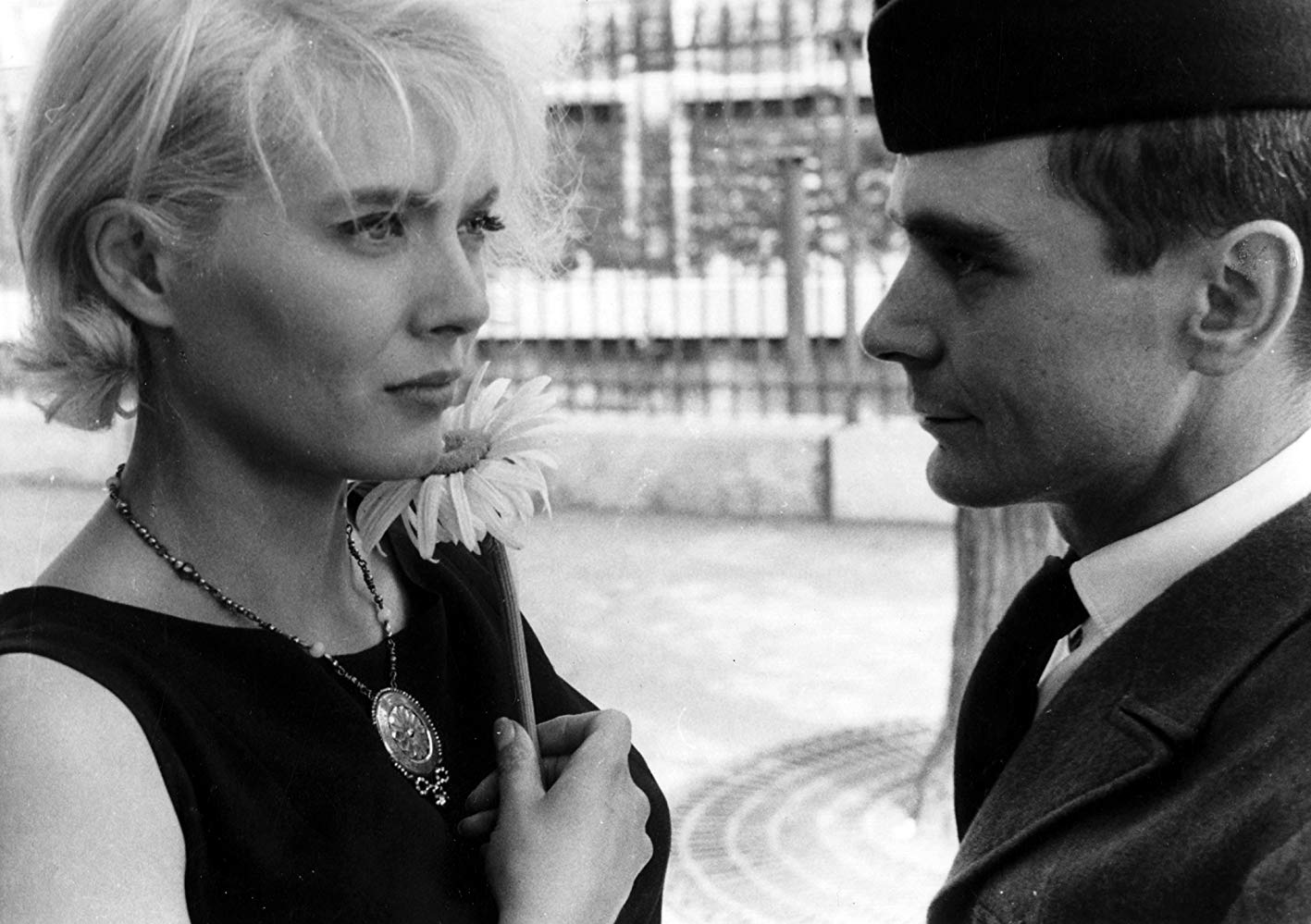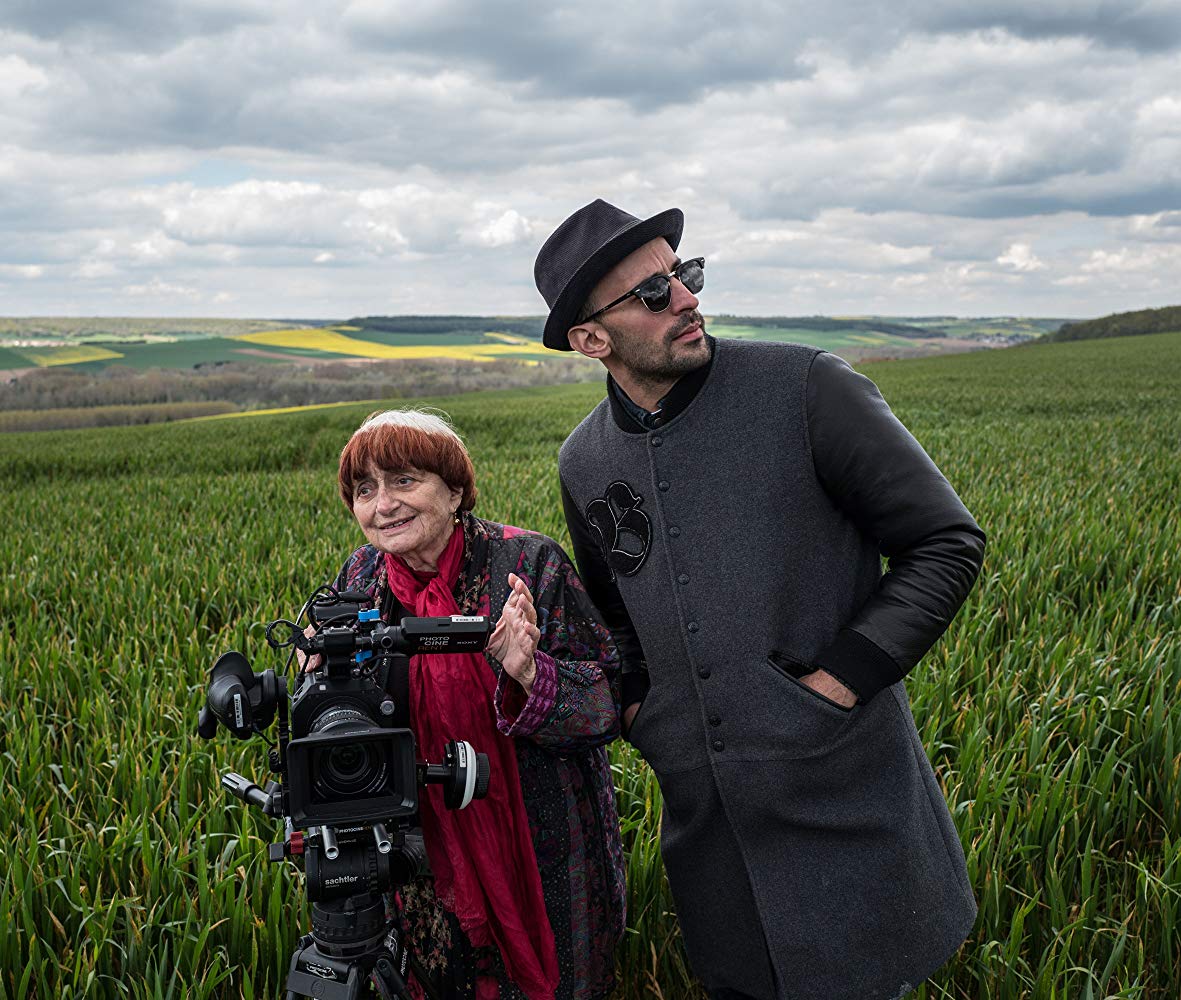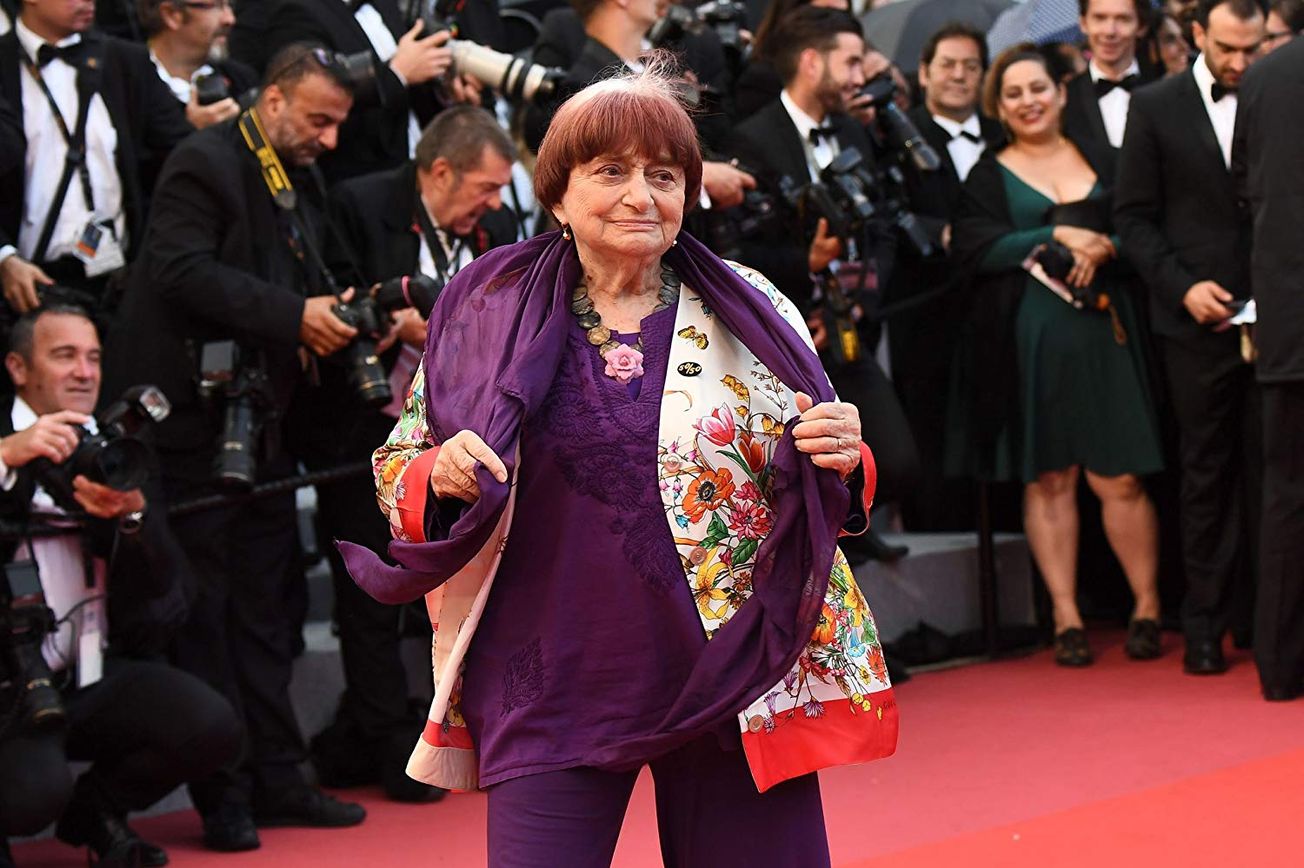By Miles Jackson, Third Year, English & Film
The French filmmaker sadly died aged 90 on 28 March after a career spanning seven decades.
Agnès Varda was the most important filmmaker alive. There was no better model for not just how to be a filmmaker and an artist, but also a human being. Across a filmmaking career that spanned almost 65 years, Varda continually made art that was piercingly personal, daintily funny and brimming with warmth, love and kindness. Though she may not be as instantly recognisable a name as some of her male contemporaries in the ‘60s French New Wave that she helped to define, her work is as vital, compassionate and important as any other filmmaker that held a camera.
Agnès Varda, the only woman director of the French New Wave, on the rise of women directors: "I feel proud." ❤️ pic.twitter.com/cgxLrsiMlK pic.twitter.com/rIhTLpnFU6
— TIFF (@TIFF_NET) March 29, 2019
Like any great artist, Varda was many things to many people. Beginning her career as a stills photographer before moving to fiction filmmaking, then later establishing herself as a rigorous documentarian and pursuing an interest in installation art, Varda was constantly searching for something new and exciting, even into her old age. Her latest (and last) film, a breezy blend of documentary and lecture entitled Varda par Agnès, premiered just two months ago, with its director and star aged 90. ‘I am still alive, I am still curious. I am not a piece of rotting flesh.’, Varda said in an interview last year. May we all approach our twilight years with such a ferocious curiosity.
Perhaps the reason Varda was so radically influential from the outset of her filmmaking career was due to her lack of knowledge of the various tropes and techniques employed in filmmaking. She made her first film, 1954’s La Pointe Courte at the young age of 27, claiming to have only seen around 25 films in her life by that point.
Heavily influenced by her work with photography, the marvellously imagistic story of a couple attempting to reconcile their differences played out across the backdrop of a charming French fishing village belies any lack of experience with the movie camera. The film’s interest in the quotidian lives of the fishermen as well as the spontaneous, almost improvisatory nature of many of the scenes would anticipate not only the thrilling filmmaking freedom brought about by the French New Wave 10 years later but also Varda’s own interest in the documentary format, of representing real life and real people on film.

IMDb / Cleo from 5 to 7 / Ciné Tamaris
Though Varda did not make a feature film for eight years after that, the ensuing Cleo from 5 to 7 (1962) was worth the wait. A strong contender for my favourite film of all time, Cleo is a whirlwind of breathlessly experimental filmmaking technique, staunch feminist critique (anticipating Laura Mulvey’s famous theory of the male gaze by over a decade) and a gamut of profound emotional experience. Following a French pop singer in real time over 90 minutes as she awaits a cancer diagnosis, few films can function so elegantly as a guide to live a life by.
Cleo is one of them, a film which honestly, and never saccharinely, conveys the feeling that every moment in life is a gift should we want it to be; that encourages us to pursue what we really want in life; that realises the innate beauty and wonder of merely walking down a city street and never being sure of what we may find. For a film whose first half is a blackly comic, brutally political analysis of the ways in which women’s lives are ordered and dictated by men, that it transforms into such a resolutely beautiful, liberating note for its protagonist is testament to Varda’s conviction that life can really, genuinely matter.
Over the next few decades, Varda would continue to make ecstatic cinema and pursue important, noble causes. In 1971, she was one of 343 French women who signed a manifesto admitting that they had had an abortion despite it being illegal at the time in an effort to legalise the practice. In 1991, she made a heart-wrenching paean to her late husband Jacques Demy - himself one of the greatest filmmakers ever - in the film Jacquot de Nantes, which soulfully examines mortality and the little joys of life through a biopic detailing his experiences. In 2000 she made one of the weirdest, sweetest documentaries I’ve seen, The Gleaners and I, which perfectly realises Varda’s fascination with the oddities of everyday life as she non-judgmentally, humanistically followed the lives of a bunch of ‘gleaners’ - people in France who scavenge the fields and pavements for objects and items of interest. Only Varda could turn a heart-shaped potato into such a lovely, profound symbol.

IMDb / Faces Places / Ciné Tamaris
Yet one of her greatest triumphs came just a couple of years before her death. Teaming with French photographer JR, her documentary Faces Places (2017), reviewed at the time by Epigram, follows the two as they embark on a roadtrip across France, taking photos and hanging supermassive prints of the various people and things they encounter on their way. Like all of Varda’s films, it is a wry, funny, inspired affair. But the film’s greatest quality is simply the joy of seeing the then 89-year old Varda walk and talk.
Her presence enlivens every aspect of the film, and she pours her life into the film through funny, inspired tableaux; one segment in which she shows the viewer what it is like to lose their eyesight is both amusing and deeply sad. The film’s climax, set on a beach as her and JR’s work has been swept away by the wind, is such a beautiful evocation of death Varda would later revisit it in her final film (the aforementioned Varda par Agnès).
For my shooting star wherever you are... Agnes Varda ❤️ pic.twitter.com/M92Ha2VXky
— JR (@JRart) March 29, 2019
One of the words I have used most in this article is ‘life’. Fitting, for there is no word that could better encapsulate Agnès and her films. She was a titan of cinema old and new, and a diligent, inspirational person we could all seek to learn from. It was a privilege to see her speak at the premiere of Agnès par Varda a couple of months ago, where upon receiving a lifetime achievement award she said: ‘I received this award because I am resistant. I fight against my own slight laziness. I fight against selfishness. For all these reasons, I am happy to be here with you.’
Varda died yesterday, aged 90. I am sure she still felt that way.
Agnès Varda was featured as one of our Female Film Icons earlier this month. Read Siavash Minoukadeh’s profile here.
Featured Image Credit: Getty Images / Anne-Christine Poujoulat
What is your favourite work of Varda's?
Facebook // Epigram Film & TV // Twitter








